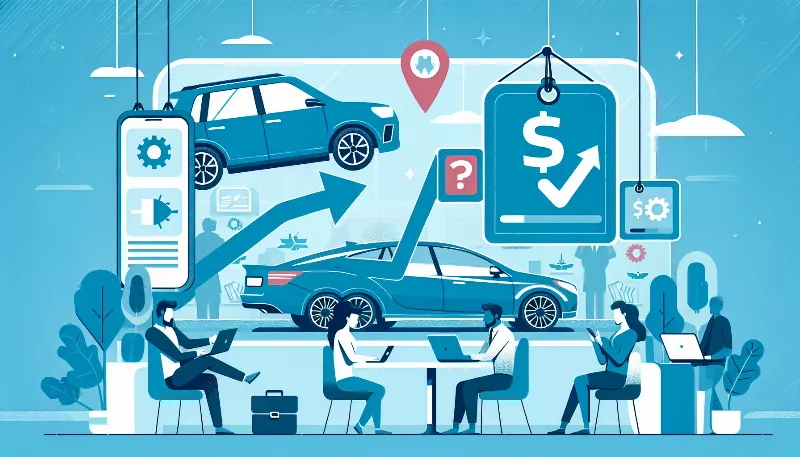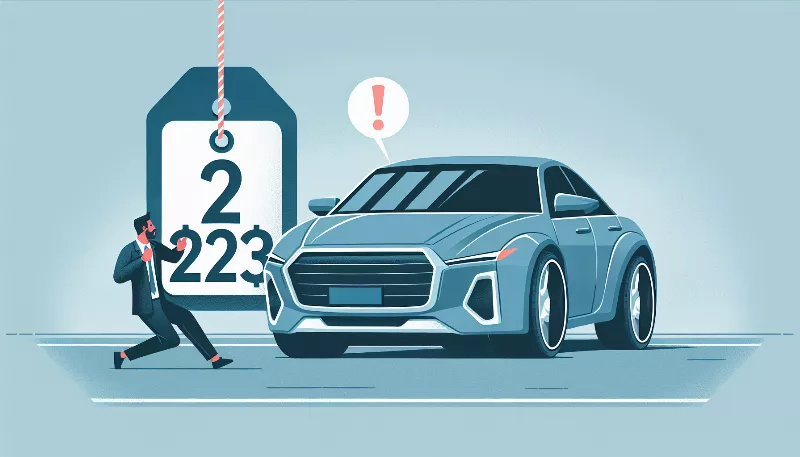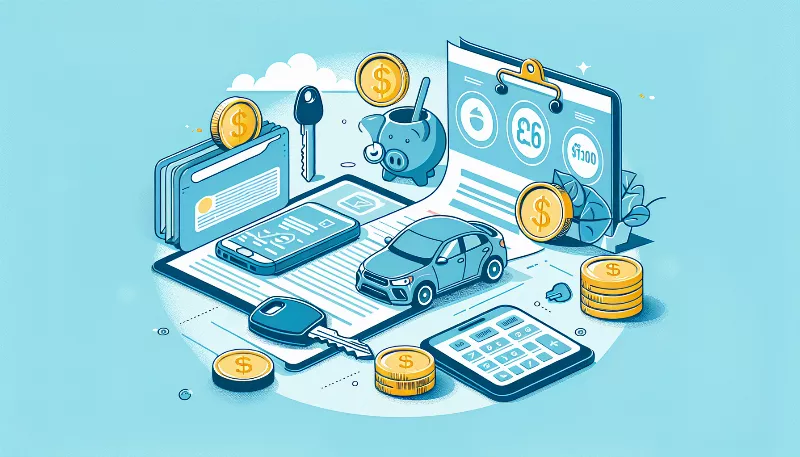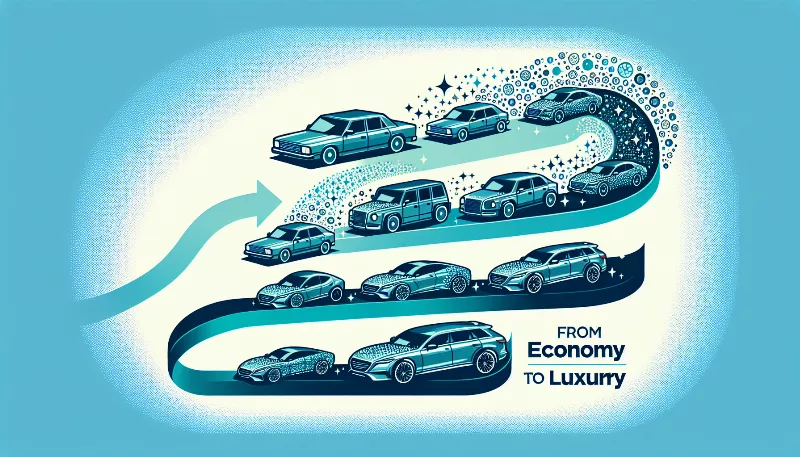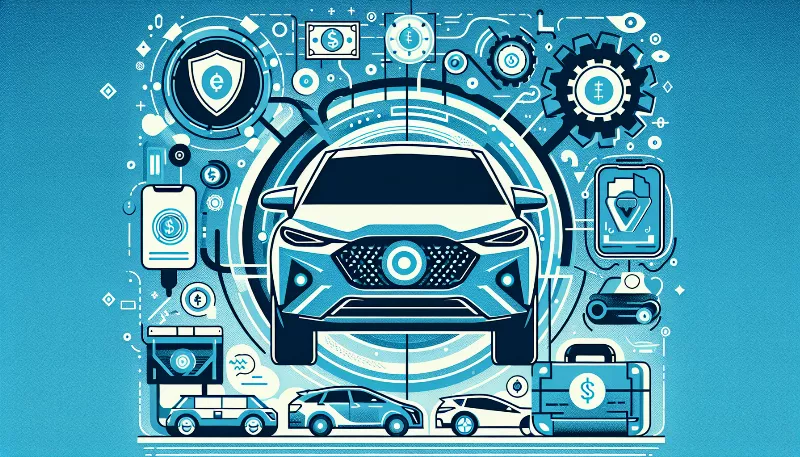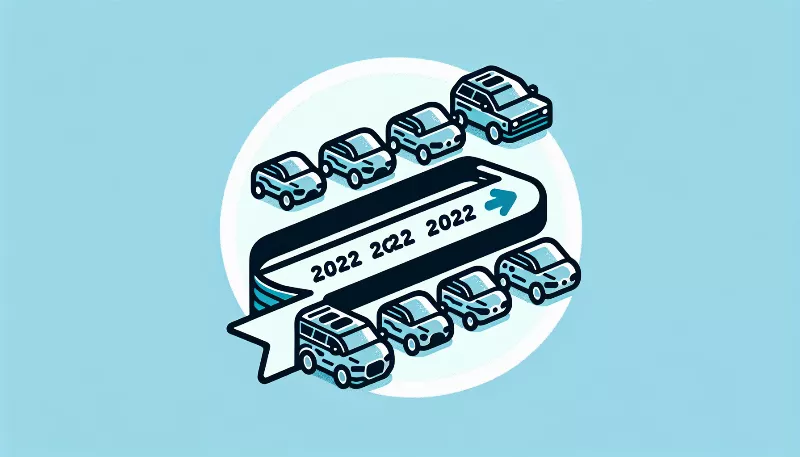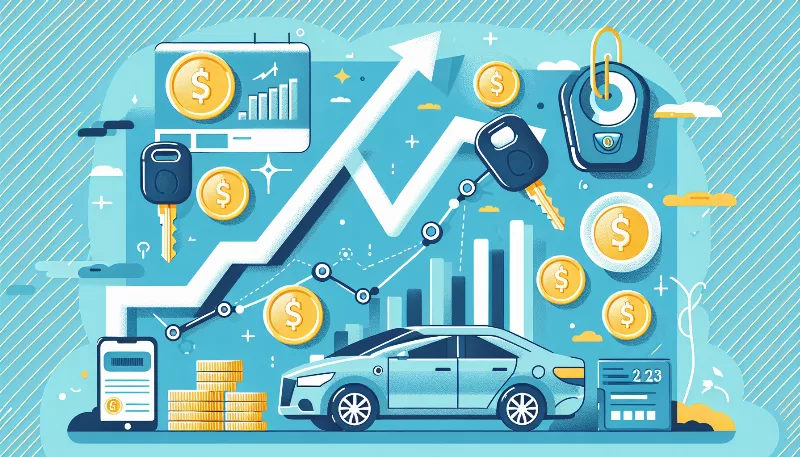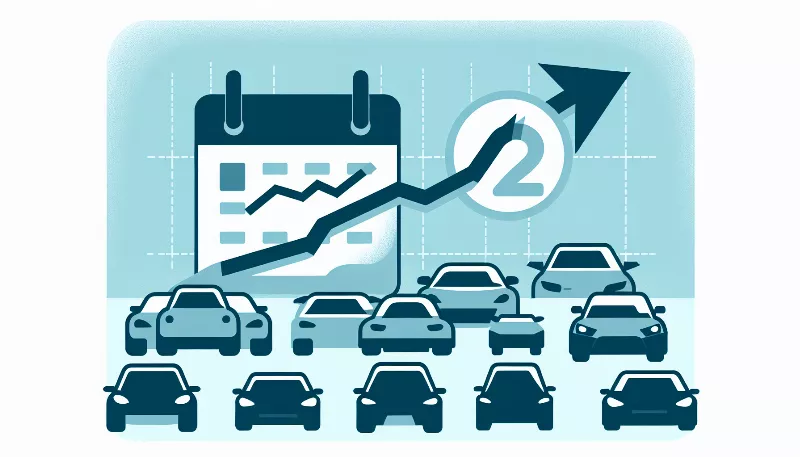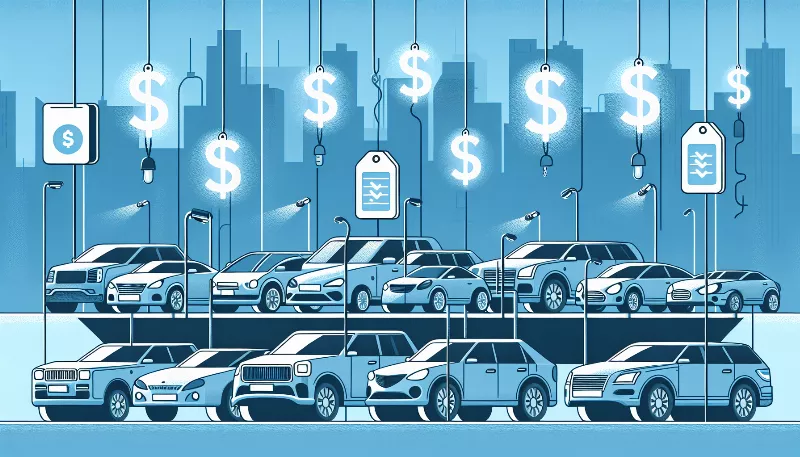What factors are driving the cost of electric cars in 2023?
Discover key factors influencing electric car prices in 2023. From battery tech to government incentives, stay ahead in the EV market. Read now!
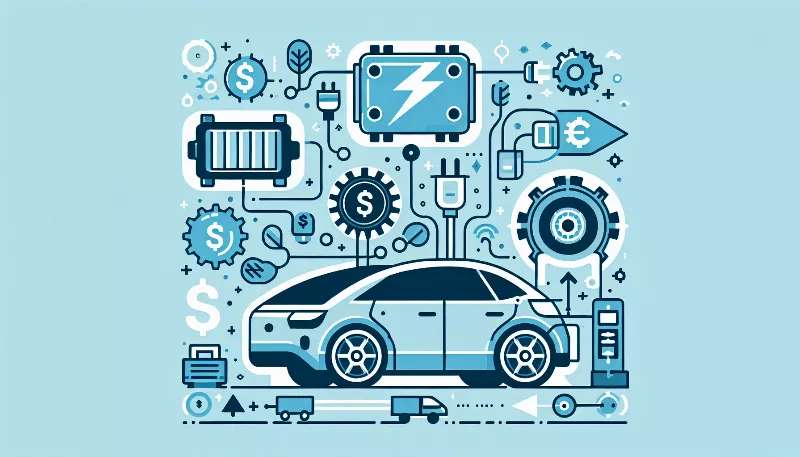
The Surge of Battery Technology Innovations
One of the most exhilarating developments in the electric vehicle (EV) industry is the relentless pace of battery technology innovation. The cost of lithium-ion batteries, which power the majority of electric cars, has been on a steady decline over the past decade. However, in 2023, we're witnessing a plateau in price reductions due to supply chain constraints and increased demand for raw materials like lithium, cobalt, and nickel. These materials are essential in producing high-density, long-lasting batteries, and their prices are soaring, consequently nudging the cost of EVs upward.
Electric Dreams Meet Supply Chain Realities
As the world continues to embrace electric mobility, the demand for EVs has skyrocketed. This burgeoning demand is clashing with supply chain disruptions that have become all too familiar in the post-pandemic era. From semiconductor shortages to logistical bottlenecks, the automotive industry is grappling with challenges that are inflating production costs. Manufacturers are forced to navigate these turbulent waters, and the additional costs often trickle down to consumers, making electric cars more expensive.
Government Incentives and Tax Credits
In an effort to accelerate the transition to sustainable transportation, governments around the globe are offering a variety of incentives and tax credits to EV buyers. These financial perks can significantly offset the purchase price of electric cars, making them more accessible to a broader audience. However, the availability and size of these incentives can fluctuate, influenced by political shifts and budgetary considerations. In 2023, we're seeing some regions scale back their support, which could lead to higher effective prices for consumers if these incentives are reduced or eliminated.
Charging Infrastructure Expansion
Another factor contributing to the cost of electric cars is the investment in charging infrastructure. As the network of public charging stations grows, the convenience of owning an EV increases, potentially boosting demand and, by extension, prices. Moreover, the costs associated with developing and deploying this infrastructure may be partially absorbed by the vehicle manufacturers and then passed on to the buyer. Nevertheless, the promise of widespread, accessible charging options is electrifying for prospective EV owners!
Market Competition and Model Diversity
The electric car market is buzzing with competition as established automakers and new entrants vie for a piece of the pie. This competitive landscape is fostering a diverse range of models, from budget-friendly commuters to luxury performance vehicles. While competition typically drives prices down, the current race to innovate and differentiate products can also lead to the introduction of premium-priced models equipped with cutting-edge technology and features. In 2023, consumers are spoiled for choice, but some of these choices come with a heftier price tag.
Looking Ahead: The Road to Affordability
Despite the factors currently driving up the cost of electric cars, there's boundless optimism about the future of EV affordability. Technological advancements, economies of scale, and increased manufacturing efficiency are expected to lower costs over time. Additionally, as the EV market matures, second-hand electric vehicles will become more available, providing cost-effective options for eco-conscious drivers on a budget. The journey towards affordable electric mobility is full of twists and turns, but the destination is clear: a future where electric cars are within reach for everyone!

